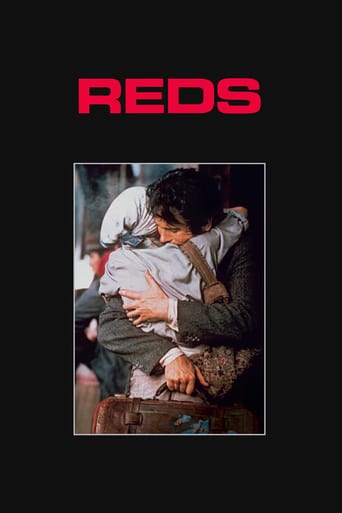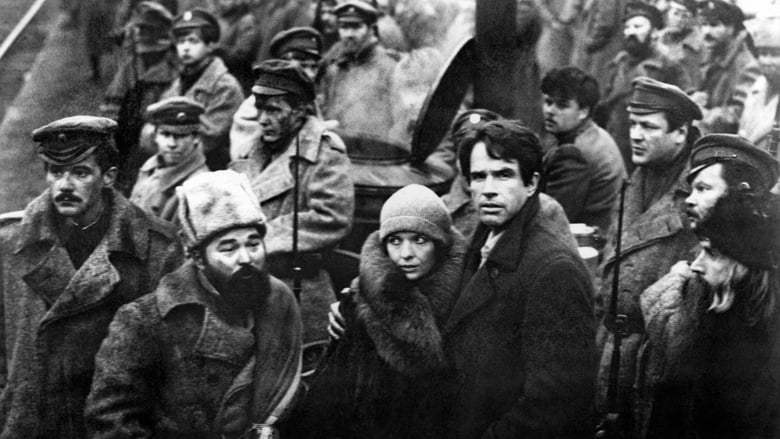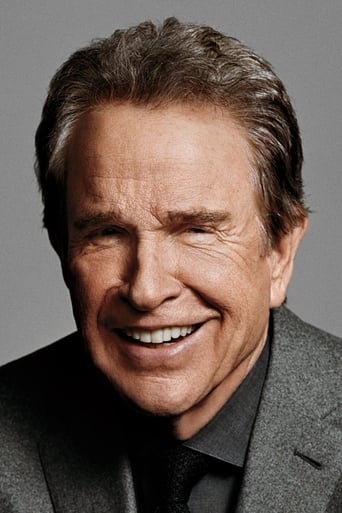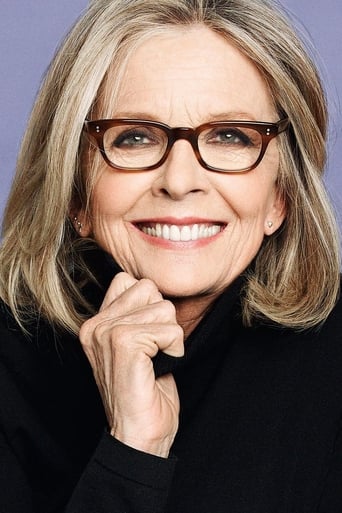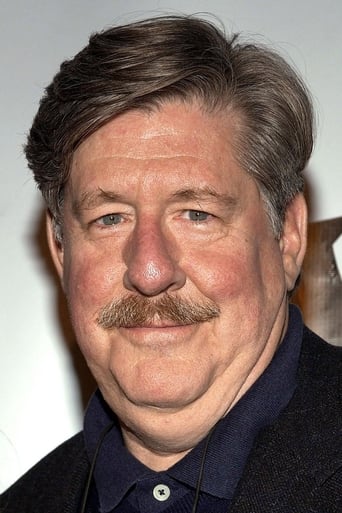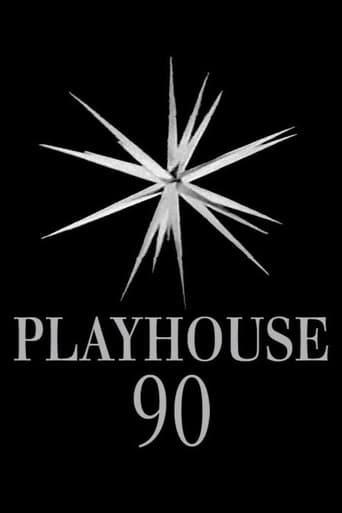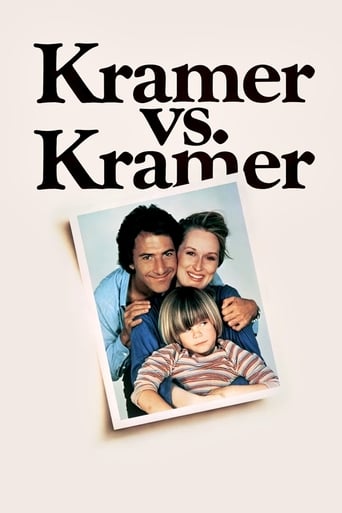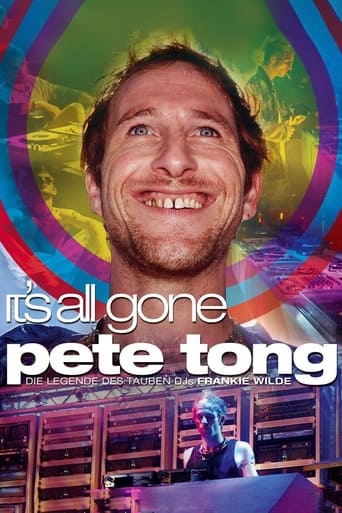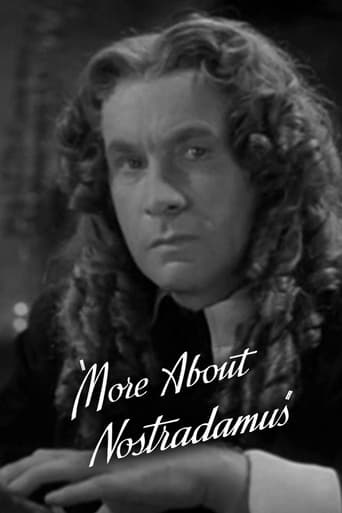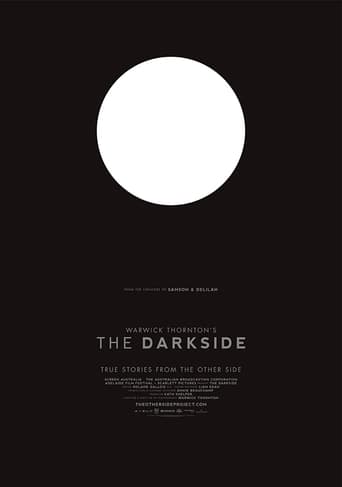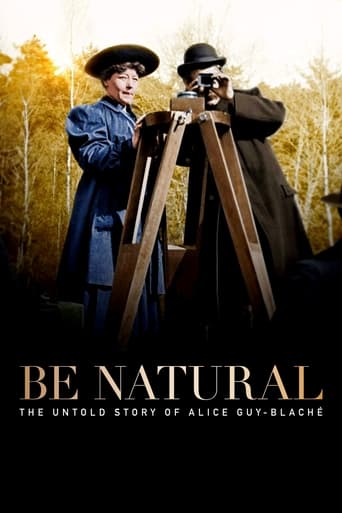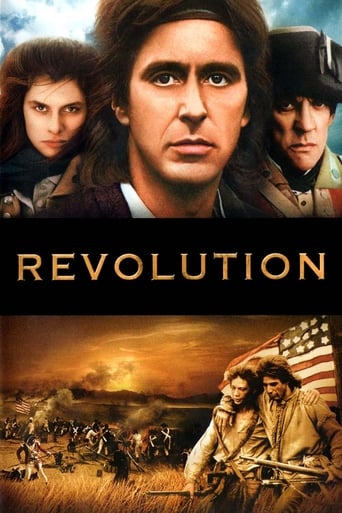Reds (1981)
An account of the revolutionary years of the legendary American journalist John Reed, who shared his adventurous professional life with his radical commitment to the socialist revolution in Russia, his dream of spreading its principles among the members of the American working class, and his troubled romantic relationship with the writer Louise Bryant.
Watch Trailer
Cast
Similar titles
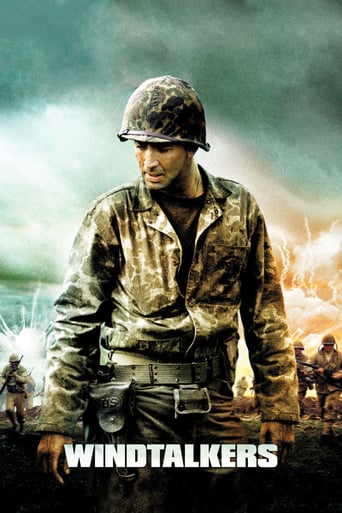
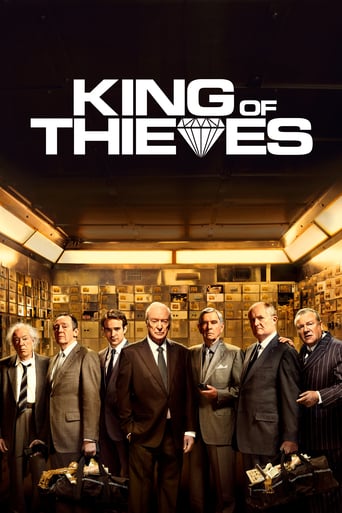
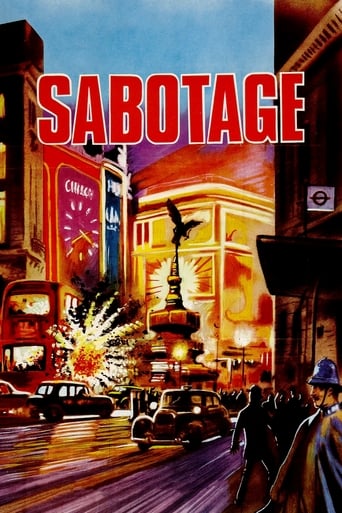
Reviews
So much average
It's fun, it's light, [but] it has a hard time when its tries to get heavy.
There are moments that feel comical, some horrific, and some downright inspiring but the tonal shifts hardly matter as the end results come to a film that's perfect for this time.
One of the film's great tricks is that, for a time, you think it will go down a rabbit hole of unrealistic glorification.
RELEASED IN 1981 and written & directed by Warren Beatty, "Reds" stars Beatty as real-life radical American journalist and socialist, John "Jack" Reed, who becomes involved with the Russian revolution, and hopes to bring its spirit and idealism to America. In the meantime he romances "progressive" writer Louise Bryant (Diane Keaton), who also goes to Russia. Jack Nicholson plays the wrench in their romantic wheels, Eugene O'Neill. Maureen Stapleton & Gene Hackman are also on hand.Throughout the movie there are interjections from aged people who actually knew John Reed, Louise Bryant and Eugene O'Neill. I found this an interesting touch.The first hour and twenty minutes take place in the states during WWI, starting in Portland, Oregon, and then switching to the East Coast when the couple decides to move there (New York City & Provincetown, Massachusetts). Only then do events start to perk-up when they head to France and then Russia. Until that point there's a lot of relationship shenanigans between the three (Jack, Louise & Gene) and endless talk about communism, socialist ideals and workers' rights.The tone of the drama is akin to a Robert Altman film; you can tell Beatty learned a thing or two from him with "McCabe & Mrs. Miller" (1971). The movie's certainly ambitious and well-acted. Those with interest in the period will find much to like here. Unfortunately, it's not all that compelling and it lacks the epic stature, nigh-surrealism and jaw-dropping cinematography of "Dr. Zhivago" (1965). Reed's a misguided character because his communistic ideals proved to be a nightmare for the Russian people. To the film's credit, this is effectively shown in the last act in a potent discussion between Reed and Emma (Stapleton) yet, even then, Reed didn't "get" it, which is typically the case with boneheaded libertines who insist on forcing their fatally flawed ideology on the rest of the populace.While communism sounds good on paper, it just doesn't work in practice. It's a demotivating system that ensures that everyone's equally poor, except of course for the ruling state class, which essentially becomes communistic royalty. To all intents and purposes they are the reviled "bourgeoisie" and the common people are the "proletariat," both of which communism sought to eliminate in the first place, which makes communism hypocritical. Furthermore, communism leads to all kinds of suffering and corruption, like waiting in long lines or bribing doctors and sellers for services & merchandise, not to mention how the state itself becomes "god" and thus demands the 'worship' of the people. Sure, capitalism has its downside, but it's an all-around superior system, which is why people from communistic states flee to capitalistic countries and not vice versa.The temperamental and non-traditional Louise Bryant has her points of interest, but ultimately she isn't a sympathetic character (for one thing, she's duplicitous). Not for a second do I believe that she bluntly said to Reed in the yard outside a lecture hall: "Jack, I want to see you with your pants down" (rolling my eyes).THE MOVIE RUNS 195 minutes (3 hours, 15 minutes) and was shot in England, Finland, New York City, California, Spain and Sweden. ADDITIONAL WRITER: Trevor Griffiths.GRADE: C
A personal triumph for co-writer-producer-director-star Warren Beatty, who won the Oscar for his direction and gives a cautious, interesting performance as early-1900s American journalist John Reed, who shared a tumultuous courtship and marriage to Louise Bryant (Diane Keaton), a socialite and self-described writer. Reed, a radical political activist, became intrigued with the Communist teachings of Russia and, with Bryant, defended the Bolsheviks and opposed American intervention. Their acquaintances, a community of activists and artists, included anarchist Emma Goldman (masterfully played by Oscar-winner Maureen Stapleton) and playwright Eugene O'Neill (Jack Nicholson), who also had a passionate affair with Bryant (one "guest witness" speculates the Reed-Bryant marriage was actually a menage a trois that included O'Neill). Beatty's film is too long at 195 minutes--and is far better in its early stages, so momentum tends to decrease as the story progresses--however, its an actors' paradise and everyone brings something special to the fore. Keaton's chattering sometimes feels anachronistic ("yeah, yeah...uh-huh, uh-huh"), but she works the camera mercilessly with her big, enchanting smile (to knock us dead) and sad, questioning stare. Keaton manages to translate her innermost thoughts into expressions, and her penetrating scenes with Nicholson are quietly-charged and fascinating, although her romance with Beatty's Reed feels somewhat muffled. Beatty, content to let his co-stars shine, has chosen to remain reserved; some may applaud the performance as successfully subtle, yet he might have shown us a bit more of his own personality (it would help in a three-hour-plus movie such as this). The epic-sized "Reds" is a strange melodrama, at times, and an overachiever, but with surprising humor in the mix and the fire of determination at its core. **1/2 from ****
British playwright Trevor Griffiths who co-wrote Reds was asked by a journalist in 1990 who he hated? His answer was anyone considering voting for the British Conservative Party in the next election. No doubting of his socialist convictions.However what about Lothario Warren Beatty? This actor/writer/director/producer was better known for his sexual conquests than leftist politics although he did take time out to campaign for George McGovern for the 1972 Presidential Elections. However Beatty is regarded as a typical liberal Hollywood millionaire. Griffiths is not and maybe it is him who gives the film a political centre. I can certainly see in scenes where there are endless arguments between various factions of the left and the cod bureaucracy that it is Griffiths would have had first hand knowledge with his involvement in left wing politics of 1970s Britain. Goodness knows I encountered it in the 1980s.Reds was a long held labour of love for him and this film bagged him a Best Director Oscar. You need a strong constitution to watch Reds, it clocks in at 194 minutes and although it is an epic, frankly David Lean probably did not lose any sleep over this movie and that his own epics might get downgraded and Richard Attenborough would go on to show a year later what a real epic should look like.Reds covers the life of journalist John Reed (Warren Beatty) and his relationship with socialite Louise Bryant (Diane Keaton) from their first meeting, their involvement with the American left movement to Reed's final days in post revolutionary Russia when he is gravely ill and after he became famous for writing the best known account of the Russian Revolution. Bryant was married to someone else when they first met and afterwards has a complex relationship with playwright Eugene O'Neill (Jack Nicholson) the only (cynical) character who sees through the fog of romantic socialism the others are so enamoured with.To give the movie authenticity the film is interspersed with interviews from surviving witnesses who knew the people involved or were around the time period. This lends the film a documentary setting and for the time was an unusual narrative device. Something that was parodied later by Woody Allen in Zelig, a former lover of Keaton before Beatty became involved with her.The problem with the film is it's trying to do too much. It is a tragedy, it is a romance, a globe-trotting political adventure, a growing disillusionment of the Russian revolution and the efforts to export the revolutionary ideals to the USA. Beatty has bit off more than he could chew here. Actors flit in and out without establishing much of a presence such as Gene Hackman.Beatty should had jettisoned some of the story strands and unleashed a tighter film. Of course we later realised that the aftermath of Russian Revolution did not install a socialist utopia and you feel the film tries to but does not always honestly address this.This film was released in the year when Ronald Reagan became President and America entered an economic shift to the right with policies I daresay laid the foundations of the financial meltdown of 2008. It's a radical but flawed film which you do not expect to be made by a major film corporation.
A film with the title Reds must be a propaganda film, and it actually is (joke: propaganda is a gentlemanly goose). From a political point of view it just hawks about the familiar worn-out stereotypes. If you like to deepen your political insights, this is not the film for you. However, the film also contains the delightful love story between Louise Bryant and John Reed - in the fantasy of the script writers. It is definitely worth while to watch this struggle between two very independent minds, who increasingly become to value their mutual relationship and company. It is not a cohabitation for the sake of the cats. Nevertheless, since politics is my real thing, I shall confine my comments to the historical scenes. At the start of the twentieth century politics was a mess. The democracy was anything but accepted as the best political system, not even in Europe. As a consequence of the failing liberal system (robber barons etcetera), there was a large support for unsound ideas like revolutionary socialism (Leninism), anarchism and fascism. This relative chaos had an enormous pull on intellectual adventurers, who believed that they could supply the right left-wing answers. Often they advocated a system of workers councils (which obviously does not work). To be fair, I know nothing about John Reed. But his case is very similar to Karl Radek (present in the film), and Dutch revolutionaries like Anton Pannekoek and Herman Gorter (should have been present). The normal system had failed so miserably, that their weird visions could gain some acceptance. Unlike the opportunist Lenin they were individualists, dogmatists and fanatics. This explains why Reed radicalizes: he starts as a supporter of president Wilson and the AFL, joins the IWW, forms his own socialist sect, and ends his life in Soviet Russia. He just can not settle. Abandon the search for truth, settle for a good fantasy. The script shows how Reed exclaims to Radek (or was it Zinoviev?): "Individualism is the true source of rebellion!" This libertarian stance is hard to reconcile with his socialist sympathies. Sure, you are unique, just like anyone else. In addition the film suggests that in his last days Reed distances himself from the revolution. He even tries to stop a charge of Red soldiers. This is stupendous, for in his actual final articles he still glorifies the Red Army. In such moments Reds does not stand to reason and seems to work on liberal propaganda. Having said that, the general picture remains credible. The interludes with real old acquaintances of Bryant and Reed repair some of the flaws in the script. They display how the common Russian people were misled in order to satisfy the lust for power of a ruthless party. This may be old news, but should not be forgotten. Man who leap off cliff jump to conclusion.
